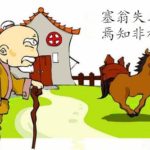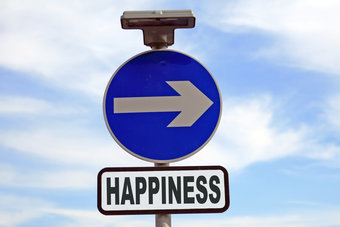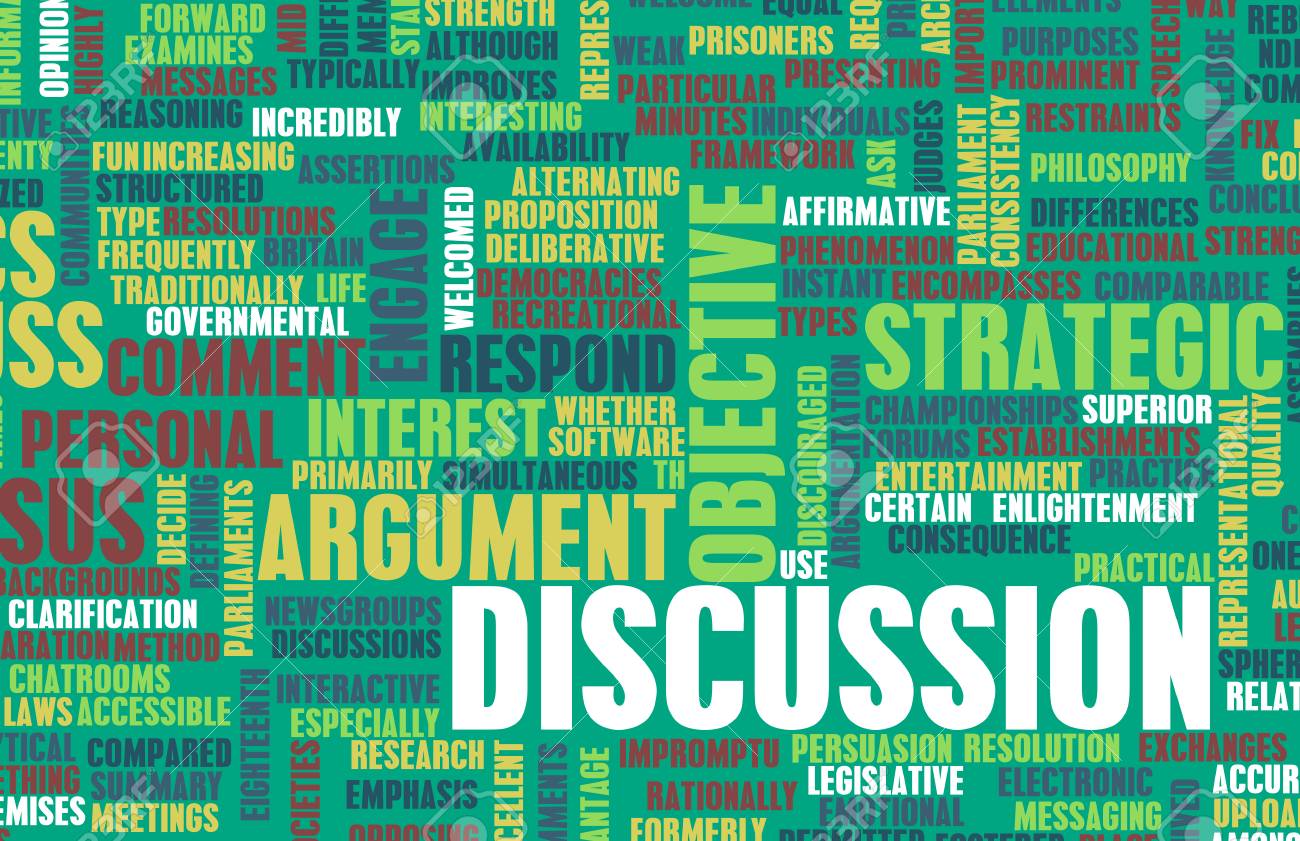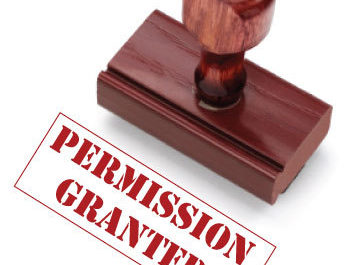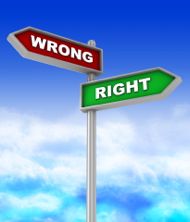 We’re human. We judge. It’s what we do. Good, bad. Right, wrong. Pretty, ugly. Useful, useless. Fast, slow. True, false. (I refer to this tendency in each of us as our Knower/Judger, or K/J.)
We’re human. We judge. It’s what we do. Good, bad. Right, wrong. Pretty, ugly. Useful, useless. Fast, slow. True, false. (I refer to this tendency in each of us as our Knower/Judger, or K/J.)
How do we make those judgments? We compare what’s happening right now with history lessons from our past. Our K/J has set up a database that can be quickly accessed to help us make snap decisions (not really decisions at all, but actually programmed responses) that help us get through life with a minimum of work. We are, as a species, pretty lazy sometimes. And as long as these responses generally work for us, we probably don’t see any reason to look for new ways to respond.
But in some cases these responses fail us. We’re actually wrong, and we don’t even see it. We upset a customer. We lose a potential promotion. We lose an opportunity—sometimes without realizing—because our history taught us to judge a situation differently than might those around us.
Take, for example, this Chinese proverb:
There is a Taoist story of an old farmer who had worked his crops for many years. One day his horse ran away. Upon hearing the news, his neighbors came to visit. “Such bad luck,” they said sympathetically. “Maybe,” the farmer replied.
The next morning the horse returned, bringing with it three other wild horses. “How wonderful,” the neighbors exclaimed. “Maybe,” replied the old man.
The following day, his son tried to ride one of the untamed horses, was thrown, and broke his leg. The neighbors again came to offer their sympathy on his misfortune. “Maybe,” answered the farmer.
The day after, military officials came to the village to draft young men into the army. Seeing that the son’s leg was broken, they passed him by. The neighbors congratulated the farmer on how well things had turned out. “Maybe,” said the farmer.
The neighbors applied their K/J responses to fairly normal circumstances and “judged” them as good or bad. The wise farmer withheld his judgment and allowed that what they saw as “good” or “bad” might or might not be.
I think what wraps me up in my K/J form of judging things is a challenge in managing expectations. An incident I can judge as “bad” is one that doesn’t meet my expectations. And vice versa. So if I can neutralize my expectations, I can side-step the K/J need to judge the incident. Right?
I often use a Celtic greeting. Two components of that wisdom are:
“I hold no cherished outcome.”
and
“I am not subject to disappointment.”
If I can get there (see the value of managing my expectations), then two things happen that improve my life at that moment:
- I significantly lower my levels of frustration.
- I don’t expose my K/J in the world in a way that could damage my long-term aspirations (e., by crossing swords with an important someone-else’s K/J judgment).
Judging is obviously a significant part of the Knower/Judger, and often the K/J is valuable to my life, simplifying day-to-day and minute-to-minute interactions. I find it necessary from time to time to practice managing my expectations, thus tempering my judging responses.
Life is good.
Maybe.

